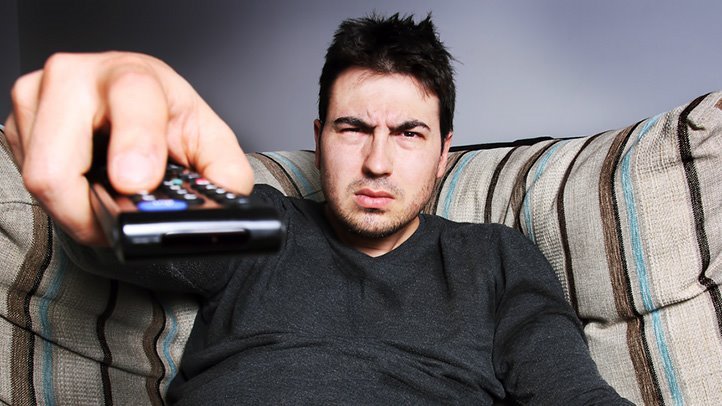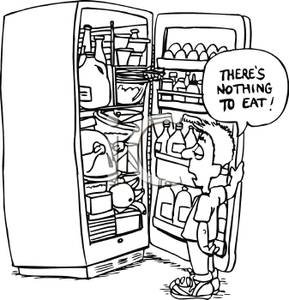Month: August 2018
-

If you wake up expecting a stressful day, you will make more mistakes
A recent study by Hyun et al indicated that if you wake up in the morning expecting to experience stress, your working memory function will be impaired throughout the day. Working memory is that part (or parts) of your brain which makes second to second calculations. It is the part which you use to manipulate…
-

We assume physically attractive people are clever too.
We manage to get through the complications of modern life by using heuristics. These are mental rules of thumb which may or may not be accurate, but which save us time and effort. For example, when we see someone and judge them to be attractive, we also tend to assess them as intelligent, kind, sociable…
-

We form a first impression within one tenth of a second of meeting someone
It is well known that we make first impressions remarkably quickly, but few people realise that it is almost instantaneous. Willis and Todorov showed some participants pictures of faces for only one tenth of a second and others for as long as they wished. The participants then had to rate the people pictured on a…
-

Mental tiredness can obstruct the important benefits of watching TV
Mental, physical and emotional effort can result in us being “ego depleted”, which means we are running low on the resource needed for those kinds of effort. In this state we are less likely to benefit from the relaxation of watching TV. Watching TV and playing video games may feel like a bit of lazy…
-

Parole judges should snack regularly.
Parole judges should snack regularly – as should anyone who makes important decisions. One of the problems with being ego-depleted (when the combined resource for mental, emotional and physical effort has been drained) is the difficulty in putting effort into decision making. In this state of ego-depletion you are more likely to fall back on…
-

Going to the gym may make you less likely to perform a favour.
Feelings of guilt are important drivers of prosocial behaviour. If we feel guilty about something, we are more likely to do a favour for someone else. Ego depletion is a state in which our combined resource for emotional, physical and mental effort has been drained by exertion in one of those areas, and has not…
-

A hard session at the gym decreases your ability to resist temptation.
Physical, emotional and mental effort all seem to draw from the same attentional resource. This pool of attention is limited and a period of effort in any of these forms runs down this resource. It’s exhaustion leaves us in a state known as ego-depletion. In this state we are less able to concentrate well at…
-

Inattention Blindness: You don’t even see a lot of what you are looking at.
If you are reading this online, first follow this link and watch the video, then come back. You would think that if you are looking in a particular direction then you see whatever is there, as long as it is light enough. Unfortunately not. Inattention blindness is the term given to the fact that we…
